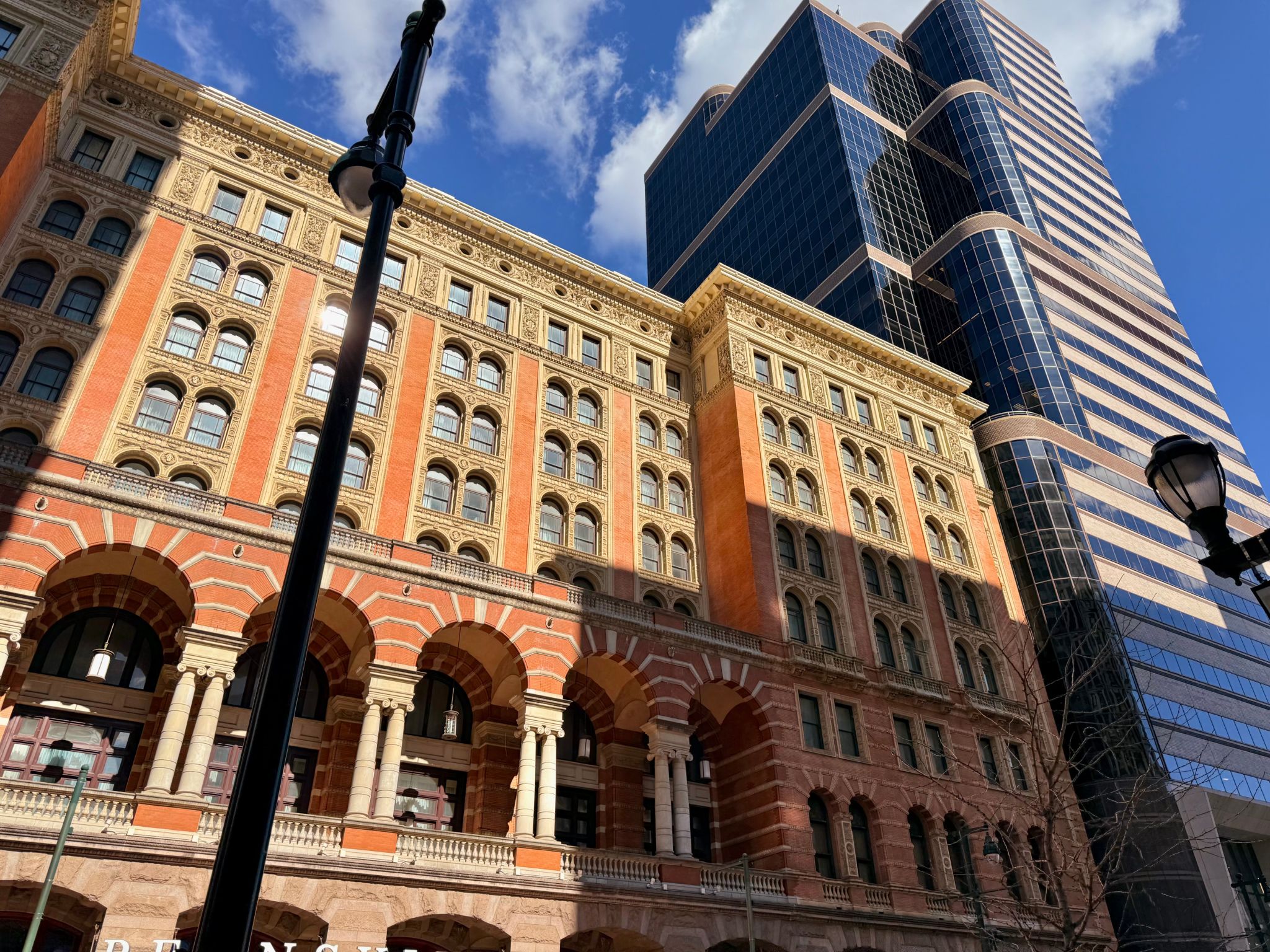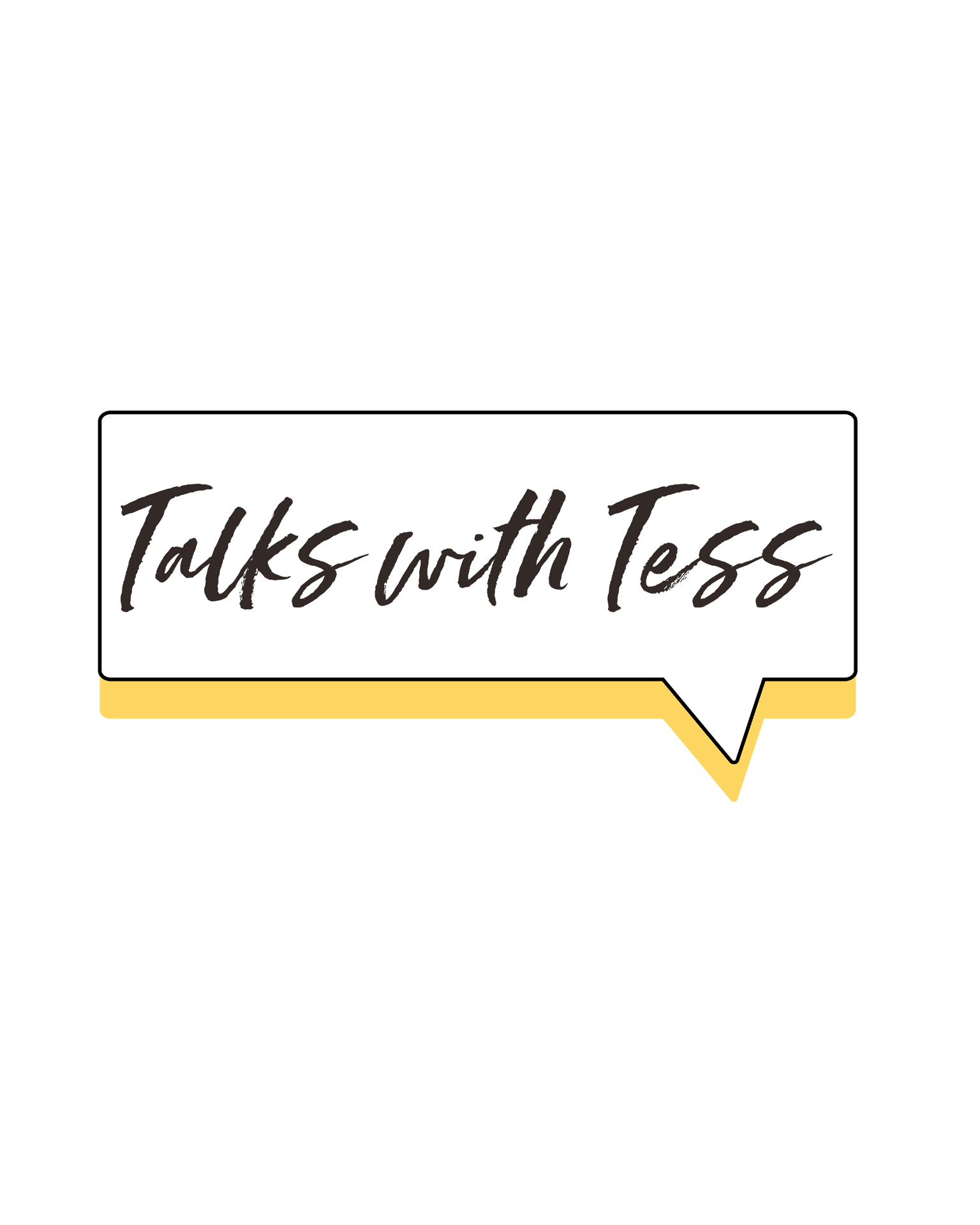A Comprehensive Guide to Hosting Successful Workshops in Philadelphia
Choosing the Right Venue
When planning a workshop in Philadelphia, the first step is selecting a suitable venue. Philadelphia offers a variety of options ranging from modern conference centers to historic buildings. Consider the size of your audience, the nature of your workshop, and the ambiance you wish to create. It's essential to ensure that the venue is easily accessible by public transportation and has adequate parking facilities for attendees traveling by car.

Some popular venues include the Pennsylvania Convention Center, which offers state-of-the-art facilities, and the Franklin Institute, known for its unique and engaging environment. Make sure to visit potential venues in advance to assess their amenities, including sound systems, seating arrangements, and Wi-Fi connectivity.
Planning Engaging Content
The success of your workshop largely depends on the quality and relevance of its content. Start by defining clear objectives and outcomes that you want your participants to achieve. Design your content around these goals to maintain focus and drive engagement. Incorporate a mix of lectures, interactive sessions, and group activities to cater to different learning styles.
Using visual aids like slideshows, videos, and handouts can enhance understanding and retention. Additionally, allocating time for Q&A sessions encourages interaction and allows participants to clarify doubts or explore topics further.
Leveraging Local Resources
Philadelphia is home to numerous experts across various industries. Inviting local speakers can add value to your workshop by providing insights specific to the region. Collaborating with local businesses or organizations can also offer sponsorship opportunities or additional resources.

Moreover, incorporating local elements such as Philadelphia-themed giveaways or snacks can create a memorable experience for attendees. Consider partnering with local caterers to offer refreshments that reflect the city's culinary landscape.
Promoting Your Workshop
Effective promotion is crucial for attracting participants to your workshop. Utilize social media platforms like Facebook, Twitter, and LinkedIn to reach a broader audience. Create engaging posts that highlight the benefits of attending your workshop and use relevant hashtags to increase visibility.
Email marketing is another powerful tool. Send personalized invitations to potential attendees, detailing the agenda, speakers, and any special offers. Collaborate with local influencers or industry leaders to amplify your message through their networks.

Ensuring Smooth Logistics
A seamless logistical setup is essential for a successful workshop. Coordinate with the venue staff to confirm all technical requirements are met before the event day. Prepare a detailed schedule covering session timings, breaks, and any other activities planned for the day.
Assign roles to team members or volunteers to oversee various aspects like registration, technical support, and participant assistance. Having a well-organized team ensures that any issues can be addressed promptly, allowing you to focus on delivering valuable content.
Post-Workshop Follow-up
After the workshop concludes, maintaining communication with attendees is vital for long-term engagement. Send thank-you emails expressing appreciation for their participation and include a summary of key takeaways from the event.
- Request feedback through surveys or questionnaires to gather insights on their experiences.
- Offer additional resources or materials discussed during the workshop.
- Encourage attendees to stay connected via social media or upcoming events.
By implementing these strategies, you can host a successful workshop in Philadelphia that not only meets but exceeds participant expectations.
